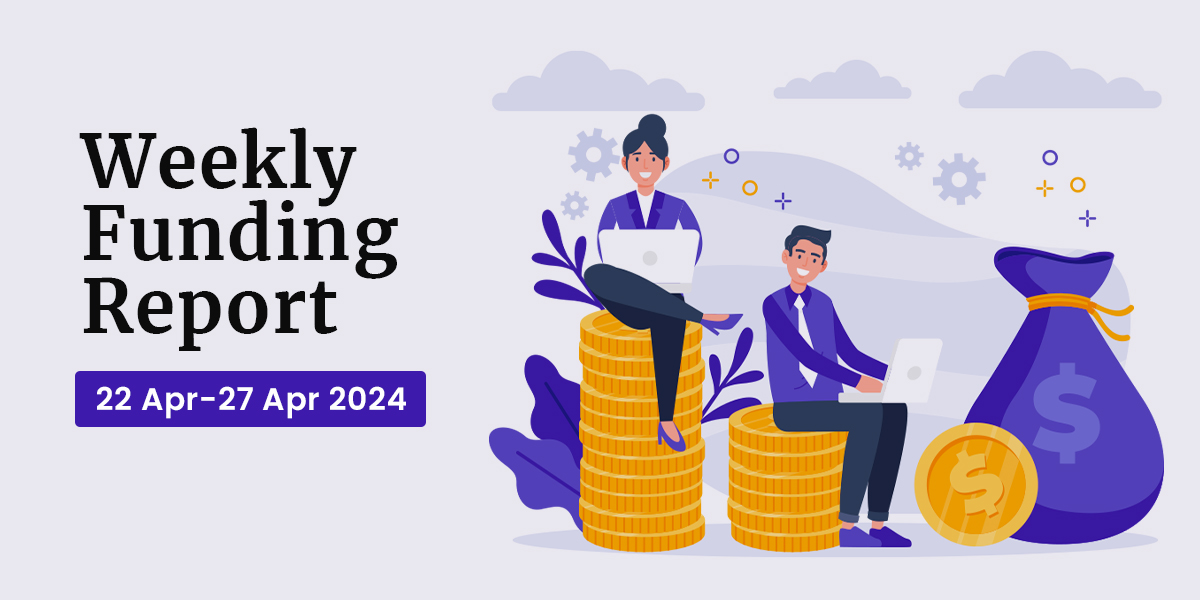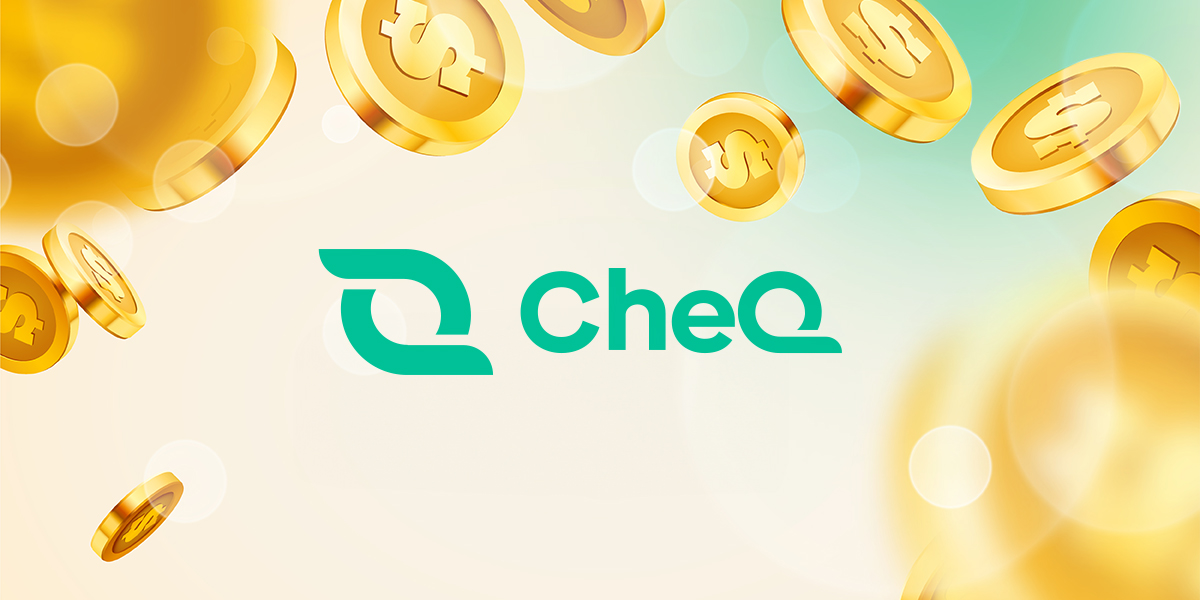Content aggregation and short news serving formats in India have been developing for the past several years.
InShorts, for example, focuses on an English-language oriented readership, which is perceived to cater to users who are more ‘informed’. DailyHunt, on the other hand, eyes the vernacular readership and local Internet users, located majorly in tier II and III cities.
Eyeing a sizeable opportunity, NewsDog had entered the Indian market somewhere in the middle of 2016 with a focus on an English-adept readership.
“We kicked-off operations with English but soon realised that potential in the language was slim,” says Chen Yukun.
By the end of November 2016, NewsDog did a pivot to concentrate on vernacular languages such as Hindi, Tamil, and Telugu.
“Before pivoting we did some ground research on Indian content consumption pattern and found that audience in tier II and III cities are more open to spending time on genres including entertainment, politics, and cricket,” explains Yukun.
Since then, the Gurugram-Beijing based company has come a long way. Currently, it claims to have about 60 million registered user base with 20 million Monthly Active Users (MAUs).
While 60 per cent (about 12 million) users hail from the Hindi speaking belt, about 20 per cent traffic hails from the Tamil speaking region. Telugu contributes 10 per cent to overall 20 million MAUs for NewsDog.
“English user base is growing very slow for us,” says Yukun. He explains that unlike the English audience, vernacular readers are not frequent users of Instagram, Twitter, and other niche-focused social networks.
“This gives us a significant room to retain, engage, and push more content for folks in rural and semi-urban areas,” adds Yukun.
Meanwhile, large-scale content play in India is overtly driven by entertainment and sports (essentially Cricket) and NewsDog is no exception. Yukun also admits it, however, he sees this phenomenon everywhere – China, US and other countries.
“If you look large scaled content plays in China, entertainment pulls maximum traffic. It sells like hotcakes in any country at any time,” he asserts.
He agrees that entertainment, crime and politics are major contemporary selling factors, but foresees a change in the upcoming years which does not match the popular customer behaviour.
“The root problem behind the popularity of such genres is the lack of valuable content in areas like parenting and lifestyle, including many others,” says Yukun.
From a long-term perspective, NewsDog is focusing on long-tail content which is valuable and evergreen (such as cooking, makeup, travel etc.).
The company had raked in about $70 million in risk capital through venture capitals and Tencent. financing and Initial Coin offerings (ICO). Recently, it acquired 50 million from Tencent.
When asked about the arena of aggressive expenditure for the company, Yukun admitted that the raised capital is being deployed towards sprucing up technology and hiring tech talents. “We are also investing heavily in strengthening content and hiring local talents from India,” stresses Yukun.
While NewsDog has operations in India, 90 per cent of its workforce is based in Beijing. “We are a tech-based company and not a media house by DNA. Hence, we don’t require to build editorial capability. This has led to us operating with a slim team of just seven members in India,” says Yukun.
NewsDog competes with DailyHunt, InShorts, and Rozbuzz.
Toutiao-backed DailyHunt has more than 40 million MAUs while according to our estimate, InShorts has MAUs in the range of 8 to 10 million. So far, Shunwei Capital-funded Rozbuzz has not given any data.
Given that 90 per cent of the new Internet users are coming from the non-English speaking population, the growth potential for content aggregators in Hindi and other vernacular languages seem immense. Going forward, it would be interesting to see how NewsDog competes with DailyHunt and other aforementioned companies.
*Update: We have corrected the funding figures from $100 million to $70million. It had raised over 25 million via ICO, however, the risk capital amassed by the company is about $70 million. We regret the error.














